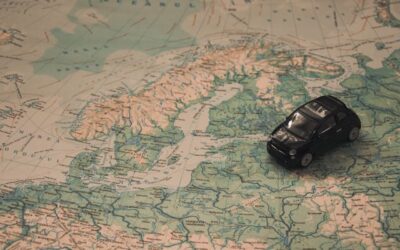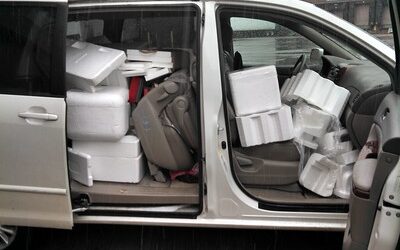Go Green Wilmette is collaborating with Shedd Aquarium’s Let’s Shedd Plastic campaign to help Chicagoland reduce the use of plastic straws and other single-use plastics.
What can you do? Strike up a conversation with your server or bartender and tell them about Shedd Aquarium’s campaign to drastically reduce America’s plastic habit. You can help by telling your server that you do not want a straw as you order a drink and by not purchasing plastic straws and other plastics for home use. Take the Shedd pledge to “Shedd” the use of straws and other single-use plastics.
Learn more about national and international efforts to reduce the use of single-use plastics at Shedding Single Use Plastic, The Last Plastic Straw, and “Fighting for Trash Free Seas.”
![]() The problems with plastics
The problems with plastics
-Plastic never biodegrades. In sunlight, it can photo-degrade into smaller and smaller pieces, but each little piece still leaches toxins into the environment.
-Birds, mammals, fish and other aquatic life eat plastic and are poisoned – even tiny zooplankton eat plastic, and it works its way up the food chain to humans.
-Scientists estimate that over 8 million metric tons of plastic enter our oceans every year. By 2050 oceans will contain more plastic than fish, by weight.
-Plastic is a very inefficient material to recycle and recycled plastic is not, generally, food-grade. It is cheaper for plastic producers to make more plastic, than to recycle it, because they are not responsible for the resulting contaminants.
What else can you do to reduce your use of plastics?
-If you need a straw, try carrying a reusable stainless, silicone, or Pyrex straw or compostable straws made of bamboo and paper.
-Reduce your use of all single-use plastics like bags, straws, water bottles, cups and cutlery.
-When you eat out, bring a container for leftovers and ask for reusable mugs, plates or cutlery at fast food restaurants.
-Use reusable shopping bags and water bottles
-Bring reusable cutlery, plates and cups to outdoor gatherings. Pack them in a tub (instead of a plastic bag) to bring home for washing,
-Choose products and packaging with the least plastic content.
-Encourage the businesses you frequent to use biodegradable take out containers and packaging, or to create products and parts that biodegrade, can be reused, or can be fully recycled into new products.
-Shop for clothing made of natural fibers without synthetics. Synthetic fibers, smaller than a millimeter, slough off in washing. They are not filtered out at water reclamation plants and make up 85% of human debris on shorelines across the globe. They are found in table salt in China, arctic waters and fresh water fish in South America.
For more information see:
- https://blogs.scientificamerican.com/observations/more-recycling-wont-solve-plastic-pollution/
- https://www.britannica.com/science/plastic-pollution
- https://www.npr.org/sections/thesalt/2017/02/06/511843443/are-we-eating-our-fleece-jackets-microfibers-are-migrating-into-field-and-food


